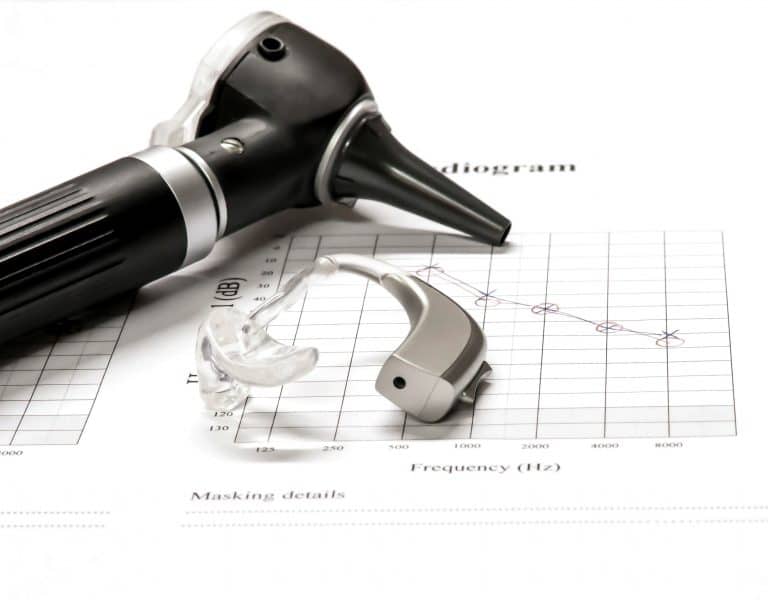Hearing aids come in a wide variety of styles. One of the most commonly prescribed ones due to its versatility is the behind-the-ear (BTE) hearing aid. BTEs consist of the shell, which houses the electronics, an earmold that delivers the amplified sound to your ears and tubing that connects these two parts.
It’s important to know how to care for your BTEs in order to ensure you get the most benefit out of them. We review daily care tasks and other helpful tips below.
Daily Care for Behind-the-Ear Hearing Aids
Once per day – whether it’s in the morning before you put your devices in or at nighttime after you take them out – you should run through the following checks of your hearing aid:
- Check the battery with a battery tester, which you can find at stores like Reliable Rexall Pharmacy or online. If the battery is old, replace it right away to prevent damage due to corrosion.
- Check the tubing and earmold for cracks and clogs. If there is a clog, you can use your wax pick/wire loop to gently remove it. If you notice cracks, tell your audiologist right away.
- Check the hearing aid shell, dials and switches for signs of damage. If you find any, notify your audiologist.
- Use a hearing aid stethoscope to check the sound quality of your hearing aid.
You should also perform the following cleaning procedure once a day to ensure your devices are well-maintained:
- Wipe down the shell with a soft, dry cloth. Do not use chemicals or solvents unless they’re specifically formulated for hearing aids.
- Detach the earmold and tubing from the ear hook and clean them in warm, soapy water. Make sure they are completely dry before reattaching them.
- Check the microphone for debris. If it is clogged, use your wax pick/wire loop to remove it. When doing so, hold the hearing aid upside down so debris falls out instead of in.
Other Tips for a Well-Maintained Hearing Aid
Below are other things you should know to ensure your hearing aids last as long as possible:
- Keep your hearing aids away from water and other moisture; moisture is the number one cause of damage to hearing aids.
- Turn off your hearing aid and open the battery door at night so moisture can evaporate. We recommend investing in a dehumidifier to store your devices in at night.
- Keep your hearing aids away from heat; don’t store them in sunny windowsills or in your car.
- Change the batteries over a soft surface to reduce shock if dropped.
- Keep your hearing aids away from children and pets.
For more information or to schedule an appointment with a hearing aid expert, call SH Audiology today.
